Joey's mother could not keep him, and he moved from one foster home to another until he was five. At that time, he was adopted by a loving couple, Stan and Debbie, who had been told they could never conceive a child. For nearly two years, he was the center of their world, and their extended family's. I always feared those were the happiest two years of his life, but I now suspect he was happiest in the last part of his life, with Joyce.
Then Debbie got pregnant, which the doctors described as "a miracle." That's why, when I was born a few weeks after Joey's seventh birthday, my parents named me Nathaniel -- Hebrew for "gift of God." And that was how they and Joey treated me.
I suspect I was no more than 3 or 4 years old when I came to understand that my parents treated me completely differently than they treated Joey. He was, by nature, athletic, artistic, fashionable, and fastidious, while my parents were intellectual, musical, political, and messy. It was never a good match, and I was the child Stan and Debbie had always dreamed of. By the time I was in kindergarten, I remember them asking Joe why he couldn't be more like his little brother.
I adored my big brother, but because I understood the unfairness of my parents' treatment of him, I never really understood why he loved me so much. It would have been totally natural for him to hate me, but he never did. I suspect he must have dreamed of a brother in his pre-adoption days, and calling my birth a miracle must have sounded just right to him.
Joe had a rocky start in adulthood, quickly marrying, having two children, Jason and Barbra, and and divorcing young. But by the time he was 30-something he had moved to San Francisco and begun a successful new life as a contractor, where his exacting artistic nature made him a favored remodeler for the wealthy, and then as a real estate investor. He stayed close with Jason and Barbie as they grew up in Ohio, knowing and loving him, albeit mostly from a distance. He was always part of their lives.
Eventually, in San Francisco he met Joyce, his companion of nearly three decades. She made him happier and more peaceful than I'd ever known him to be.
Joe made the best of a very difficult start in life. I think that a lot of my lifelong preoccupation with religion had its origins in trying to understand why I was so much more fortunate than him. I couldn't accept any kind of God who would arbitrarily give him such a harder road than mine. Reincarnation and karma appealed to me because they offered the hope that the universe was fair, and that his fate was making up for a previous life and earning a better one, but there was never any evidence to make me see this as more than a hopeful fantasy.
Nor have our senior years been any more fair. While I was gifted, in my 60's, with a medical miracle that gave me the best health of my life, he was struck, just a few years older, with a particularly cruel degenerative disease that led to a slow, agonizing illness that finally ended yesterday. Both my earliest and final memories of him were of the unfairness of life and my complete powerlessness to make his life better.
More than anything else in my life, Joe's story makes me believe that life is deeply random, and that those of us who are fortunate should spend our time trying to help those who are not. I suspect that's one reason why, despite the kind of successful career that has made so many of my contemporaries into smug, self-satisfied Republicans, I remain a socialist; I have never been able to convince myself that those less fortunate deserve their fates, because I know without a doubt that Joe deserved better.
Nonetheless, I still want to believe in a more meaningful universe, and I recognize that my limited human brain might blind me to a larger, happier truth. If the universe is built around anything humans might recognize as a moral order, then Joe is now in a much better place, where people take care of themselves and treat each other well, where beauty is valued everywhere, and where even his kid brother dresses fashionably and fastidiously. I hope you are in such a world now, Joe.








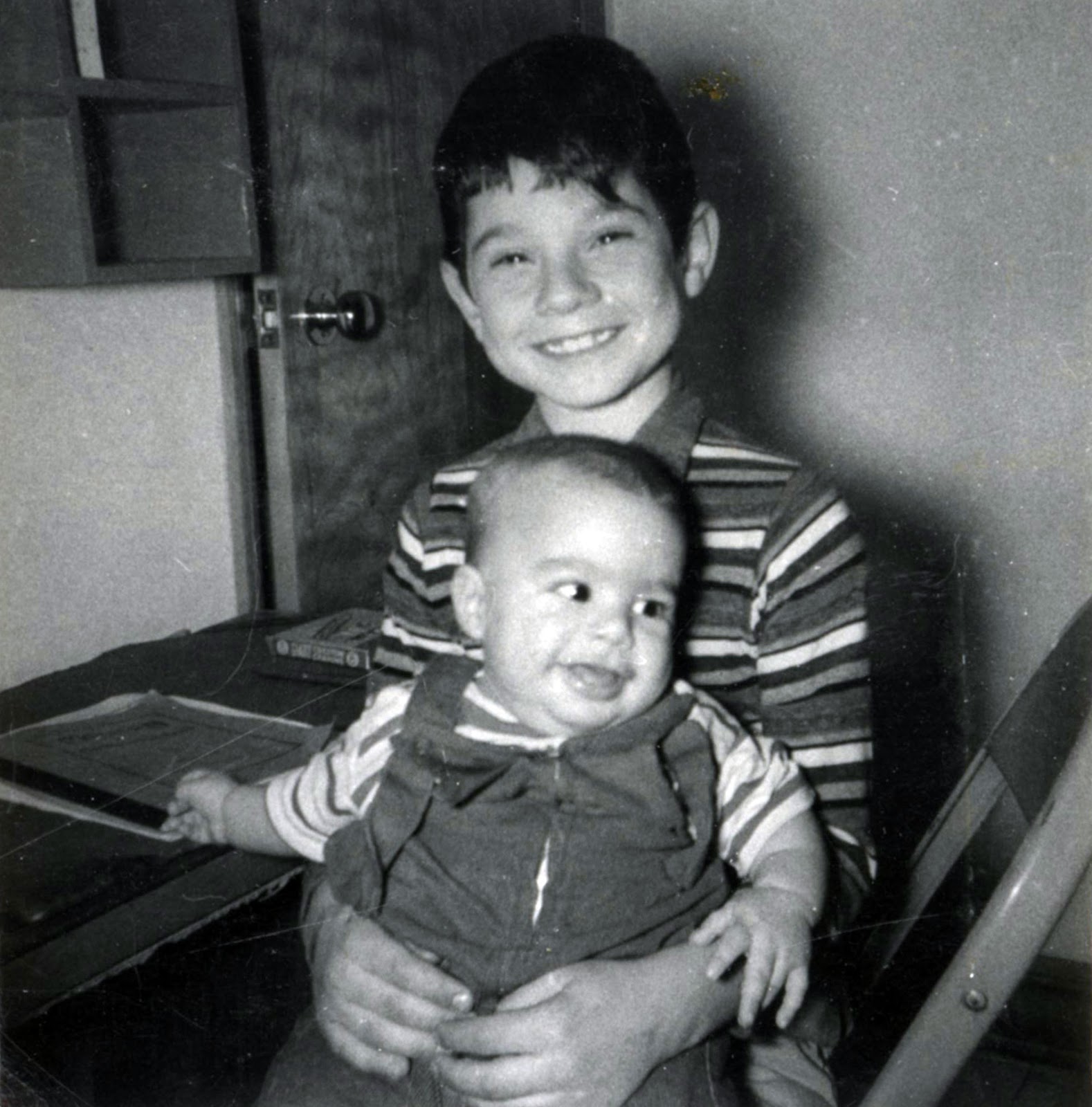
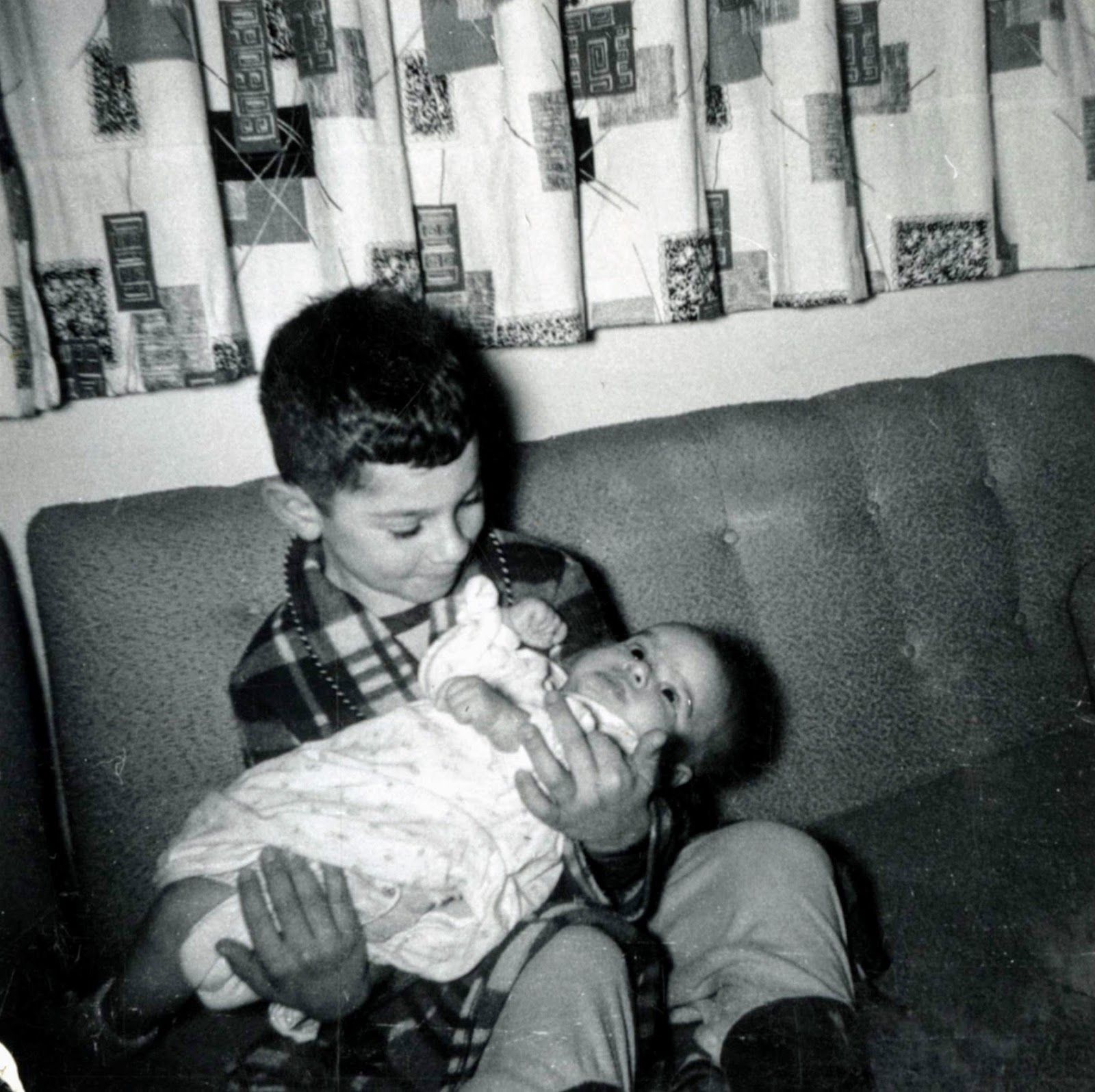

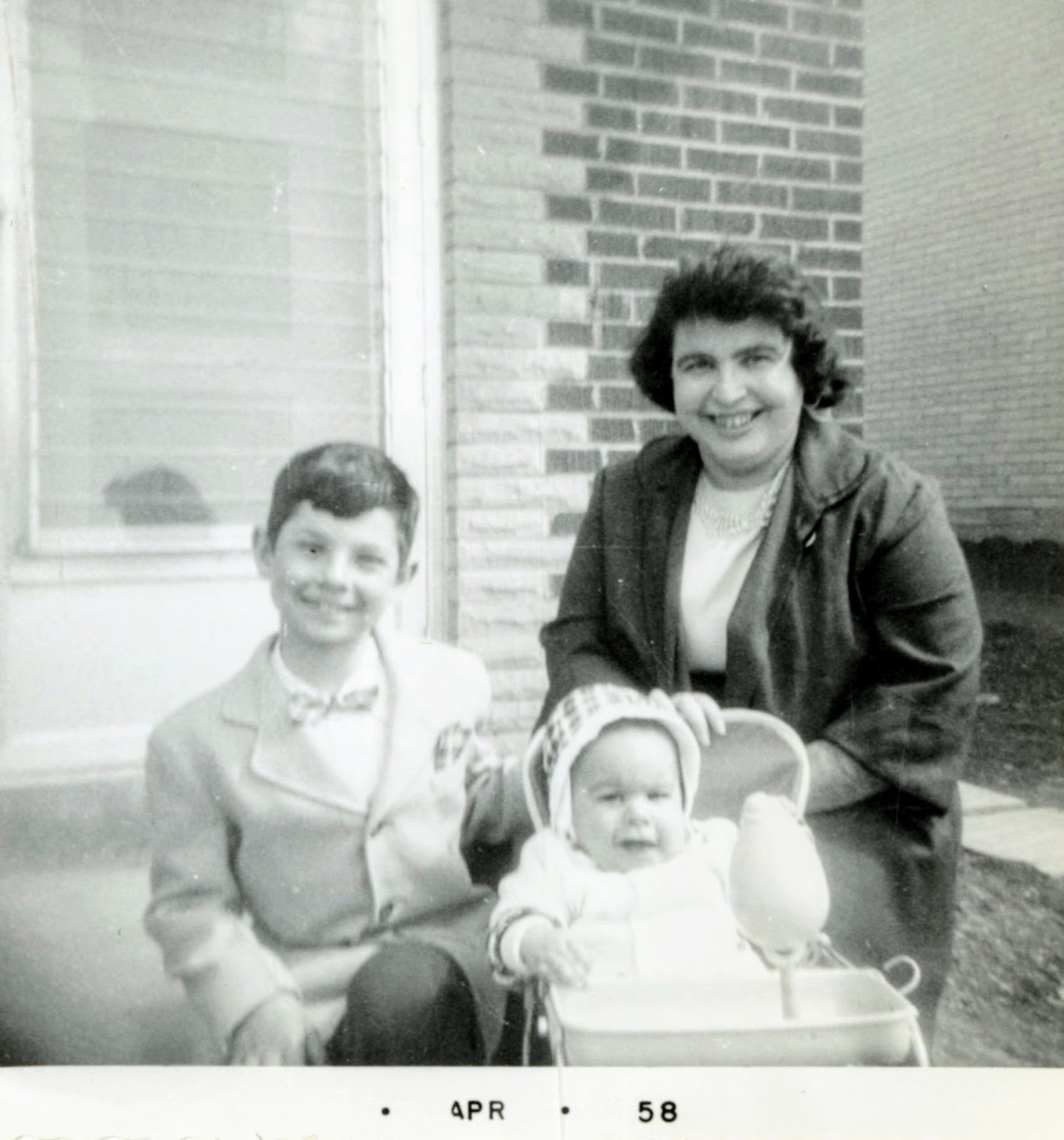



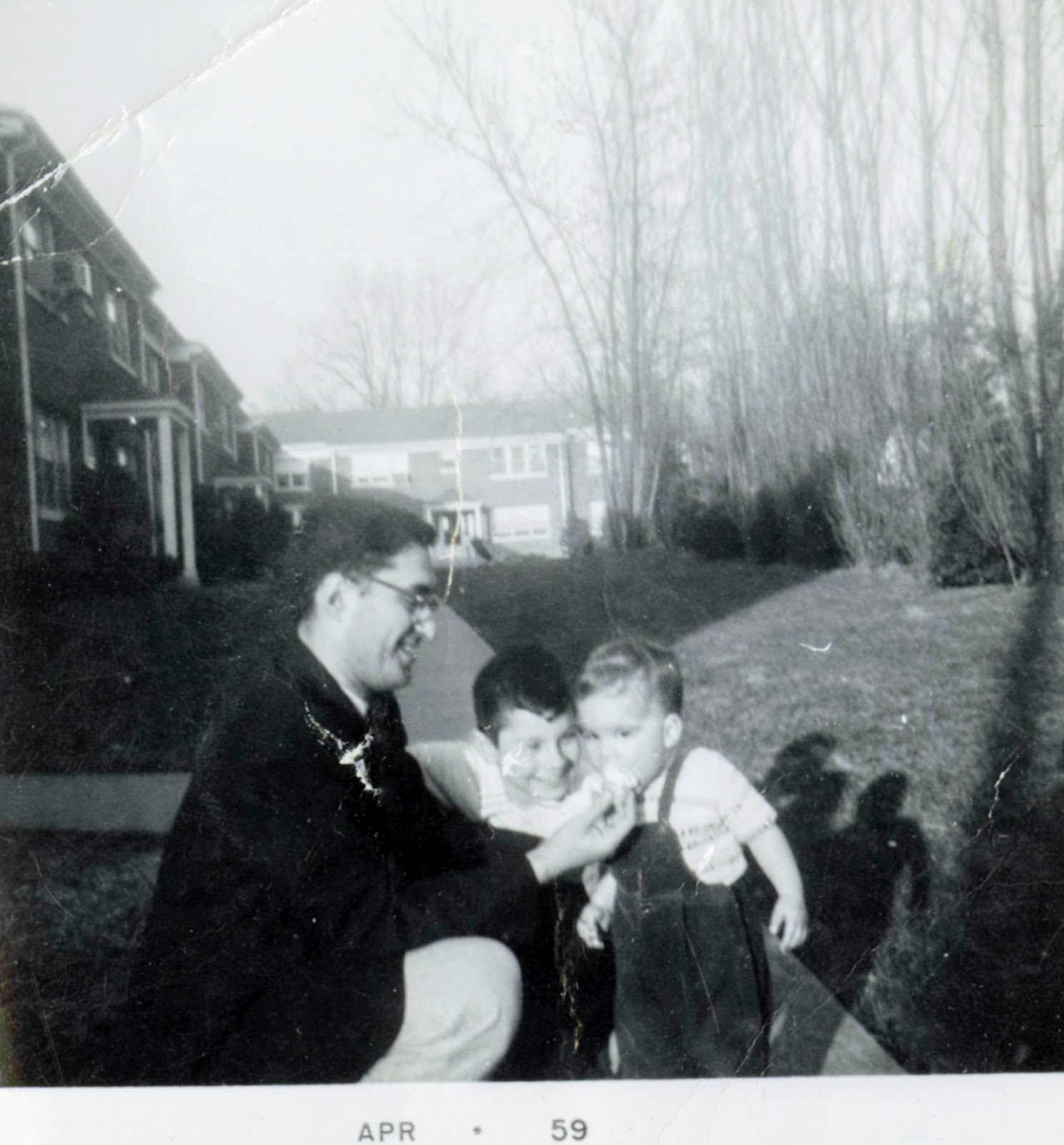
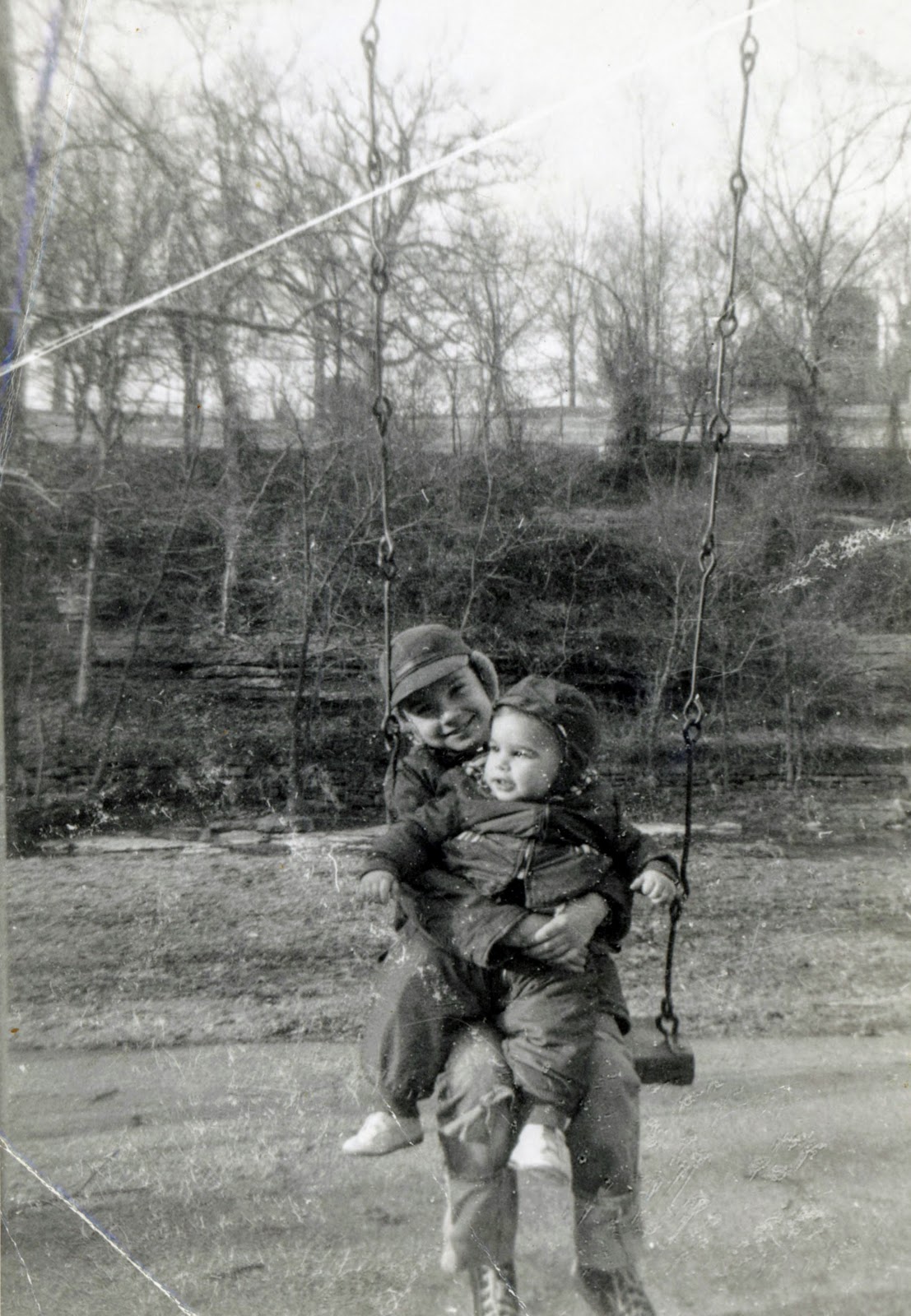




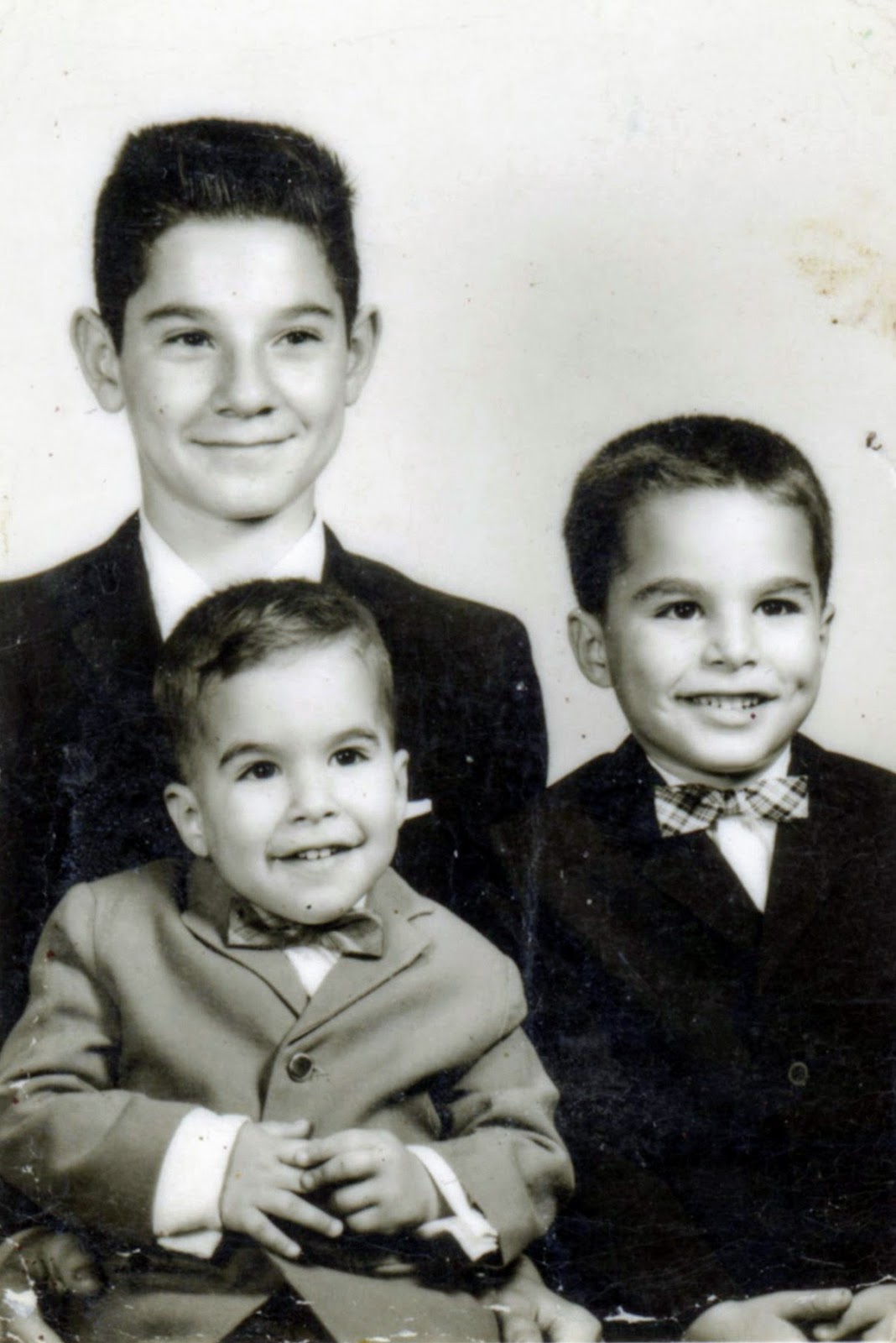





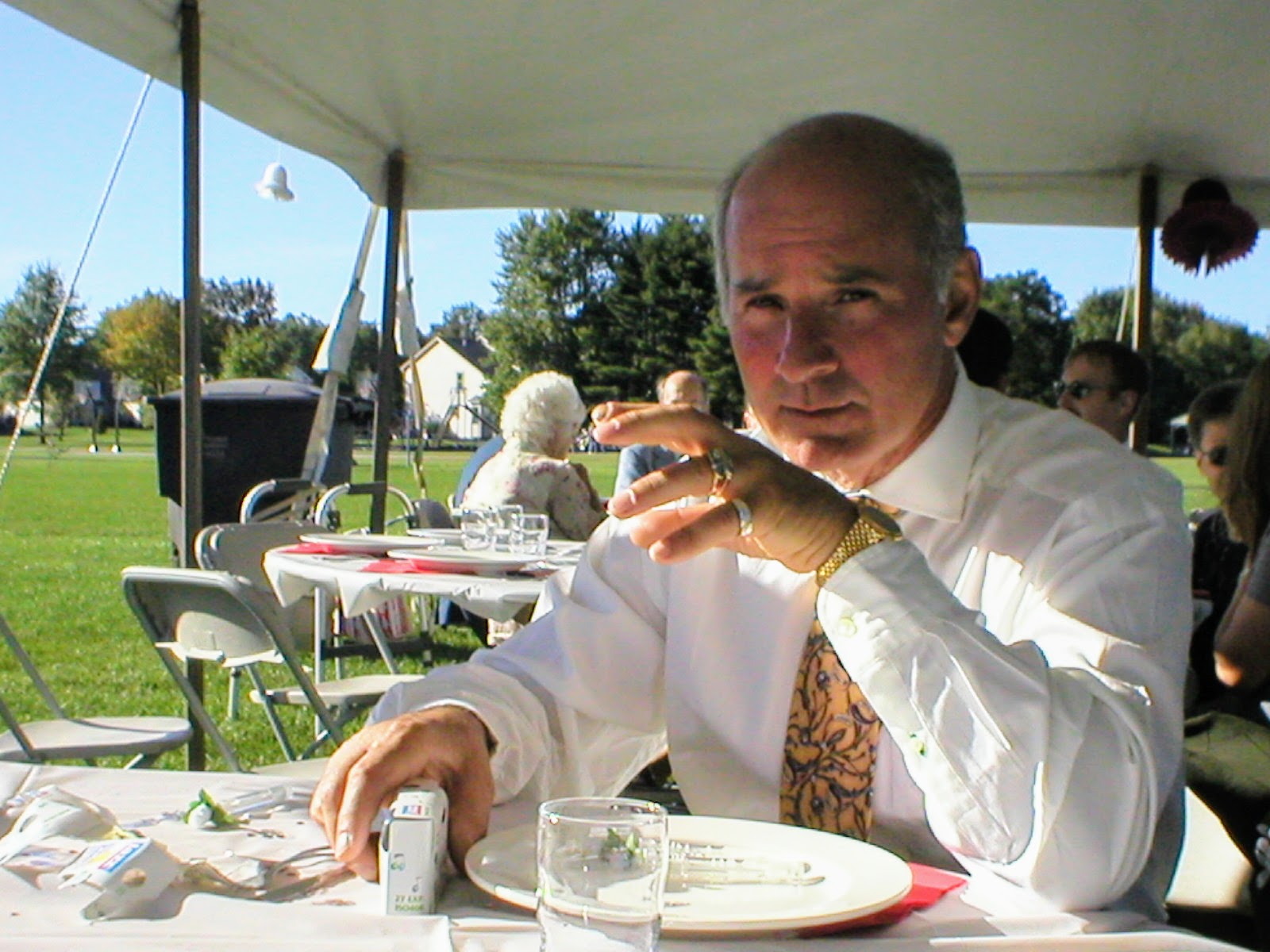


Very sorry for your loss. I really enjoyed reading this and loved the old photos. Eliot was just talking to me about Joe at our class reunion. Lots of interesting things to ponder in this story.
ReplyDeleteLiz Kozelek
Tributes to people we love after they die tend to engage in hyperboles, whereas your text, Nathaniel, and the photo selection strike me as a Platonic ideal of a tribute: generous yet measured in some ways, loving but not blind to darker spots, and rich in apercues, such as the randomness of life, which the death of those we love, especially when they're younger than we are, brings home to us.
ReplyDeleteI don't know you. I know Eliot. But you're someone I would be most happy to meet.
Helena Goscilo
What a wonderful, perfect text. Amazing how in a relatively short space one gets to know two good men and a striking life. I see Eliot is not alone in his eloquence! Nadia Kizenko.
ReplyDeleteNick/Nate/Nathaniel: So sorry for your personal loss of a brother who meant so much to you, but THANK YOU for sharing your thoughts about Joe, your relationship with him, and how although you and your adopted brother had very different talents and interests, you connected on a deep level of love and respect.
ReplyDeleteYes, I too think about how there are those who "have" and those who "have not" and why that is. My Christian faith asks "what would Jesus do". The answer is feed the hungry, clothe the naked, befriend the friend-less.
Thanks for sharing this beautiful reflection on Joe, you, your family and all of us humans, Nick. I know Beth would be right there with your thoughts. We are each born with so much potential, and life happens—from day one. May we all uplift each other as we can and appreciate what each brings to this world. Hugs to you and your family, Cathy Wilcox
ReplyDelete